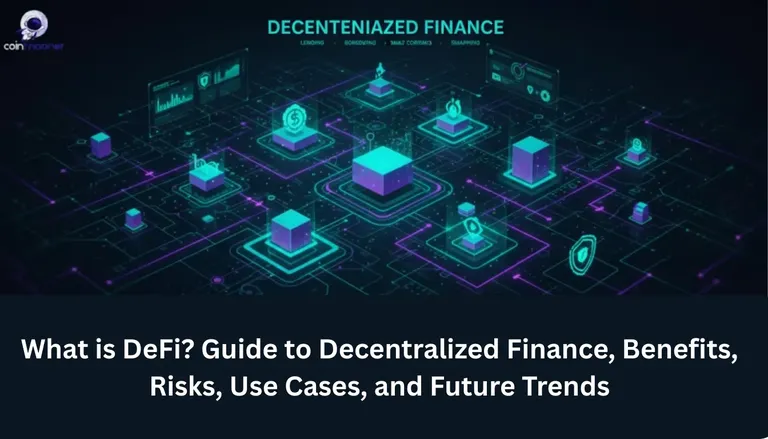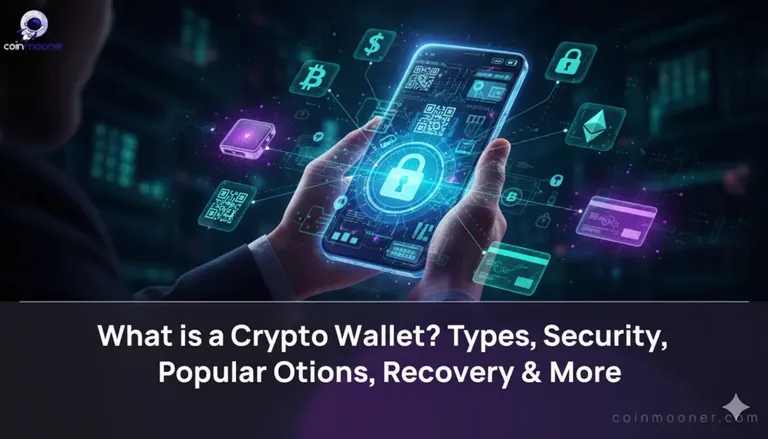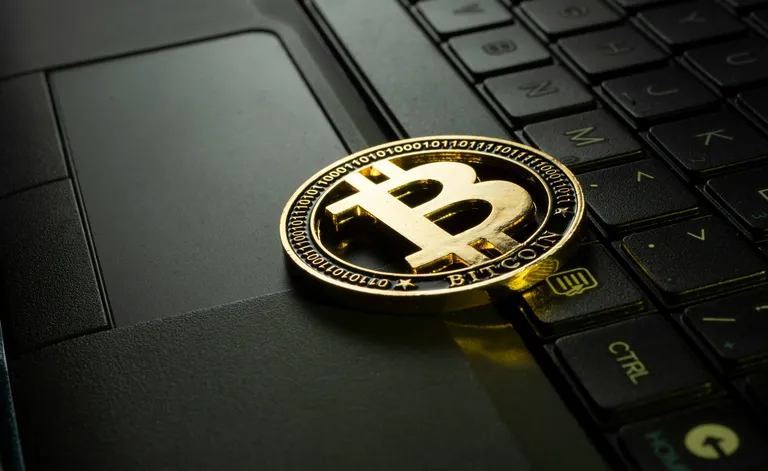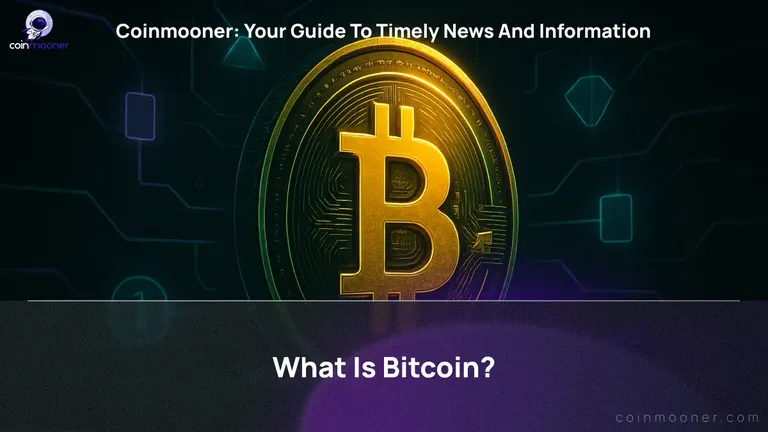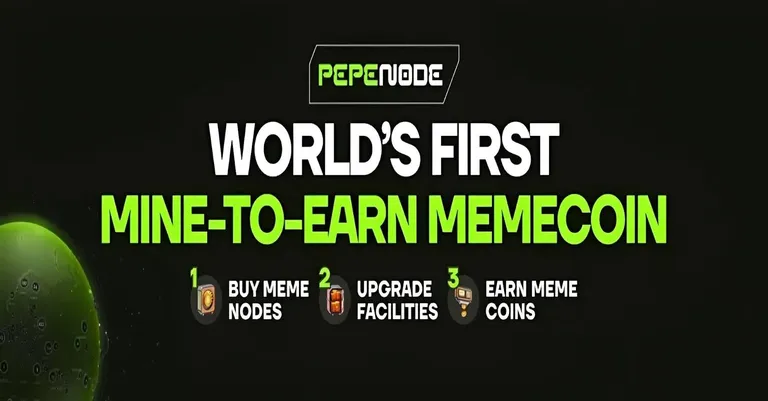The Power of DeFi in 2024

Decentralized finance (DeFi) represents the cutting-edge solution in today's digital financial sector. Blockchain technology enables DeFi to enable transactions to occur directly between users, eliminating the need for intermediaries. This significantly enhances the security of financial operations. However, users must possess a dedicated DeFi wallet to participate in this innovative financial ecosystem in 2024.
CHARACTERISTICS
Crypto wallets in DeFi, despite their similarities to traditional ones, have several unique features that set them apart. Here's what makes them unique:
• DECENTRALIZATION: They are not tied to banks or companies, providing complete asset protection from third parties. Access to the wallet is possible only with a key phrase.
• KEY SECURITY: A long twelve-word phrase is the sole access key instead of traditional passwords. Owners must ensure its security.
• MULTI-CURRENCY SUPPORT: These wallets allow simultaneous storage of multiple cryptocurrencies, each with its own supported assets list.
• USER-FRIENDLY: Many DeFi wallets operate as browser extensions, simplifying user access. iOS and Android apps also offer dApps for convenient wallet management, providing users with a comfortable and easy experience.
In conclusion, DeFi wallets stand out for their high level of security and ease of use, making them a preferred choice for many cryptocurrency users. Their robust security measures should give users confidence in their financial transactions.
WHAT IS IT USED FOR?
All DeFi wallets vary in features, but their main goal is securing assets. It allows cryptocurrencies to be stored without the risk of centralization, which is familiar with wallets controlled by exchanges or other companies. Besides storage, these wallets enable transactions and sending cryptocurrency to others. Some solutions even allow direct currency exchanges without using an exchange. Platforms like MetaMask, Trust Wallet, and Coinbase also support storing non-fungible tokens (NFTs).
TYPES OF DEFI WALLETS
There are several types of DeFi wallets, depending on their internet connectivity and compatibility with different devices.
• WEB WALLETS: These are usually browser extensions, making them highly convenient as users don't need to install additional software on their computers. The most well-known web wallets, MetaMask and Coinbase, offer rich features and can be installed in seconds.
• DESKTOP WALLETS: To use desktop wallets, one must download and install a client program on your computer. Most crypto wallets offer web versions and desktop applications, allowing users to choose the most suitable option. Examples of desktop wallets include Guarda, Exodus, and Electrum.
• HARDWARE WALLETS: These are the safest ways to store cryptocurrency. These physical devices, not connected to the internet, provide maximum protection. Hardware wallets often resemble USB drives. The most popular ones are Ledger and Trezor.
• MOBILE WALLETS: These are becoming increasingly popular due to their convenience and accessibility. They are constantly being improved to offer users the best experience, including through dApps that simplify connecting to various services. Examples of popular mobile wallets are Coinbase Wallet, Trust Wallet, and Argent.
• COLD WALLETS: These are devices or paper records not connected to the internet, ensuring maximum security. They are ideal for long-term storage of large amounts of cryptocurrency. Some of the best-known cold wallets are paper wallets and specialized devices like Ledger and Trezor.
HOW SECURE ARE DEFI WALLETS?
DeFi wallets offer exceptional security compared to other crypto wallets. Unlike traditional solutions, they don't involve asset storage, eliminating intermediaries, and protecting your data and funds. However, users must carefully safeguard their private keys, which is entirely their responsibility. Additionally, hardware and cold wallets, which we mentioned earlier, are not connected to the Internet, providing reliable protection against hacker attacks and viruses.

HOW TO CHOOSE A GOOD ONE
It is essential to take the time to choose the most suitable DeFi wallet for your needs. Besides security, a wallet should provide easy access and many additional features. Here are some things to consider when choosing:
• WALLET TYPE: This is one of the most significant factors. Combining different types of wallets, such as web and hardware options, is often recommended for maximum security. Mobile wallets are incredibly convenient, so if you frequently use portable devices, you should consider using them. However, a hardware wallet is a good addition for securely storing most of your assets.
• SECURITY: Two-factor authentication is essential for blockchain solutions due to the high risk of hacking. This type of authentication significantly enhances security.
• BLOCKCHAIN SUPPORT: Pay attention to the blockchain on which your wallet is based. It might support Ethereum or various other blockchains.
• EASE OF USE: A DeFi wallet should have additional features besides storing and transferring tokens. An integrated crypto exchange is one of the most valuable options.
• CONNECTIVITY: A quality DeFi crypto wallet should be able to connect to Web 3.0 solutions, such as decentralized applications and AI features.
• PLATFORM SUPPORT: The more platforms a wallet supports, the better. This allows users to choose convenient solutions and combine them most effectively.
• USER-FRIENDLINESS/INTERFACE: While blockchain and DeFi users should have some technical knowledge, this doesn’t mean wallets should be challenging to navigate. Make sure the wallet you choose has a user-friendly interface.
CAN YOU DEVELOP IT?
Yes, companies and individuals can develop such solutions depending on their needs. Currently, there is a high demand for cryptocurrency wallets, and many companies are creating their own platforms to incorporate necessary features and ensure compatibility with various blockchains and currencies. Developing a DeFi wallet requires knowledge of programming and blockchain technologies.
HOW TO USE DEFI WALLET
Answering the question "What is a DeFi wallet?" let's understand how to use one. Cryptocurrency wallets are typically very user-friendly, and most DeFi solutions have a similar installation and usage strategy. Here's how you can begin using them:
• INSTALL THE WALLET APPLICATION: Depending on your choice, install a browser extension, desktop application, or mobile app for your wallet. You can download the software for each wallet from its official website.
• CREATE A PERSONAL PROFILE: Follow the registration instructions to create your profile in the cryptocurrency wallet.
• SECURE WALLET ACCESS: Non-custodial wallets use word phrases instead of traditional passwords for enhanced security. Write down your 12-word passphrase to remember it and store it in a secure place.
• ADD CRYPTOCURRENCY: Once your wallet is set up, you can transfer cryptocurrency purchased on a crypto exchange or buy coins directly within the wallet if that option is available.
FEATURES OF DEFI ECOSYSTEM
Decentralized finance offers several key features:
• Elimination of fees typically charged by banks and other intermediaries.
• Secure storage of assets in electronic wallets inaccessible to third parties.
• Swift financial transactions completed in just a few seconds.
• Cross-platform compatibility and other characteristics.
PROS AND CONS OF CRYPTO DEFI WALLETS
DeFi solutions have their strengths and weaknesses. Here are the main advantages and disadvantages of DeFi cryptocurrency wallets:

DeFi wallets are known for their security, which offsets some drawbacks. The blockchain industry is rapidly evolving and offers enhanced solutions across all sectors. DeFi is poised for a bright future and is worth exploring.
FREQUENTLY ASKED QUESTIONS
What is a DeFi wallet?
• A DeFi wallet is a non-custodial digital wallet used to store cryptocurrencies. It's non-custodial because access to stored assets is controlled solely by the owner's unique passphrase. Unlike centralized wallets, these electronic wallets cannot be controlled by companies or government institutions. Because banks do not control them, others cannot access or freeze assets.
What is a DeFi wallet used for?
• DeFi wallets, like any virtual wallets, are designed for securely storing assets. They can hold various cryptocurrencies and tokens. Each wallet is compatible with specific currencies, so it's essential to support your preferred currencies. Additionally, one can send, exchange, and even earn interest on cryptocurrencies.
How do you use a DeFi wallet?
• Once you create a DeFi wallet and save your 12-word passphrase, you can start using it. Some wallets, like MetaMask, allow you to buy ETH and other currencies directly with fiat money. Another way to fund your account is by transferring funds from other cryptocurrency wallets.




